Digital Revolution – reviews of 'vibrant' digital culture show
Ambitious whistle-stop tour of astonishing digital creations is best when it escapes the screen
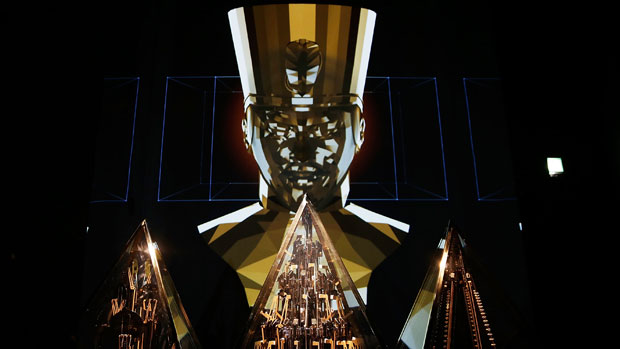
A free daily email with the biggest news stories of the day – and the best features from TheWeek.com
You are now subscribed
Your newsletter sign-up was successful
What you need to know
A new exhibition of digital creations, Digital Revolution, has opened at the Barbican. This immersive show looks at the history and transformation of our culture through digital technology, with work by artists, film-makers, architects, musicians, designers and game-developers.
The 14-room show begins with the 1972 video game Pong, a digital version of table-tennis, and premieres new work including an interactive, acoustic environment called Laser Feast, and a collaborative robotic sound piece between Will.i.am and sound artist Yuri Suzuki called Pyramidi with music created for the show. Until 14 September.
The Week
Escape your echo chamber. Get the facts behind the news, plus analysis from multiple perspectives.

Sign up for The Week's Free Newsletters
From our morning news briefing to a weekly Good News Newsletter, get the best of The Week delivered directly to your inbox.
From our morning news briefing to a weekly Good News Newsletter, get the best of The Week delivered directly to your inbox.
What the critics like
The Barbican exhibition is "a vibrant celebration of digital culture", says Oliver Franklin in Wired. It's certainly ambitious in scope, incorporating music, filmmaking, design, fashion and art, but its best moments come when the pieces escape the confines of the screen or the display case into the real world such as Pyramidi.
The Barbican has become a technology haven with "this jam packed exhibition that takes us through the digital world at breakneck speed" threatening you with sensory overload at each turn, says Fad. It's a whistle-stop tour, but this overload is a nice allegory for where the digital world has taken us.
As it ventures into unexplored territories, it returns us to basic questions about the nature of art, "offering us a vision that is as fundamentally human as it is technically fresh", says Rachel Campbell-Johnston in The Times. So study the Digital Revolution if you want to get up to date with the story - and discover what will happen next.
A free daily email with the biggest news stories of the day – and the best features from TheWeek.com
What they don't like
This show is ambitious and the exhibits are astonishing, but at times it can veer close to a "tech industries trade fair", says Alastair Sooke in the Daily Telegraph. And while no one could fault the technology on display, much of the art seems gimmicky, weak and overly concerned with spectacle rather than meaning, or cultural comment.
-
 The ‘ravenous’ demand for Cornish minerals
The ‘ravenous’ demand for Cornish mineralsUnder the Radar Growing need for critical minerals to power tech has intensified ‘appetite’ for lithium, which could be a ‘huge boon’ for local economy
-
 Why are election experts taking Trump’s midterm threats seriously?
Why are election experts taking Trump’s midterm threats seriously?IN THE SPOTLIGHT As the president muses about polling place deployments and a centralized electoral system aimed at one-party control, lawmakers are taking this administration at its word
-
 ‘Restaurateurs have become millionaires’
‘Restaurateurs have become millionaires’Instant Opinion Opinion, comment and editorials of the day
-
 Friendship: 'bromance' comedy starring Paul Rudd and Tim Robinson
Friendship: 'bromance' comedy starring Paul Rudd and Tim RobinsonThe Week Recommends 'Lampooning and embracing' middle-aged male loneliness, this film is 'enjoyable and funny'
-
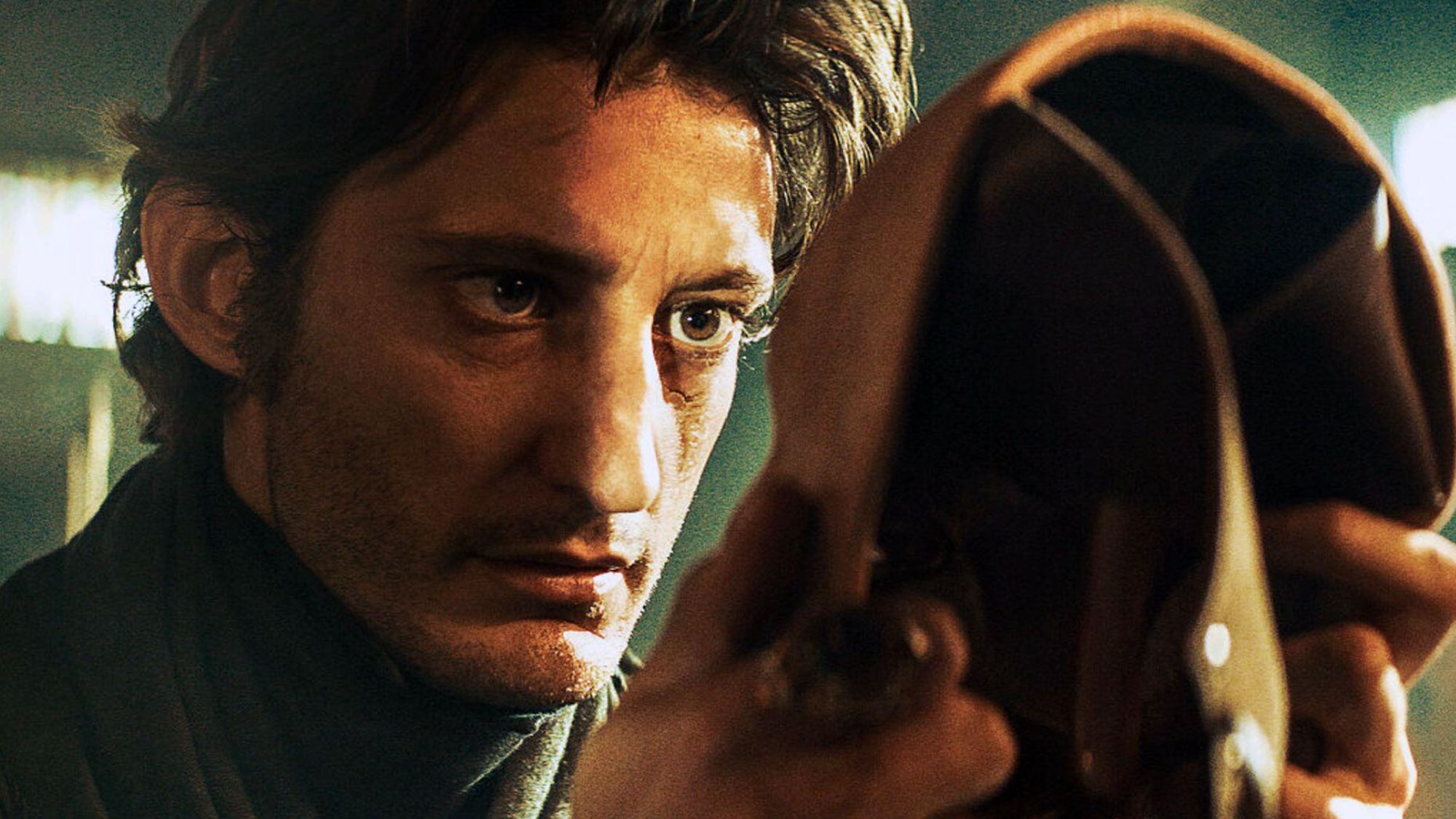 The Count of Monte Cristo review: 'indecently spectacular' adaptation
The Count of Monte Cristo review: 'indecently spectacular' adaptationThe Week Recommends Dumas's classic 19th-century novel is once again given new life in this 'fast-moving' film
-
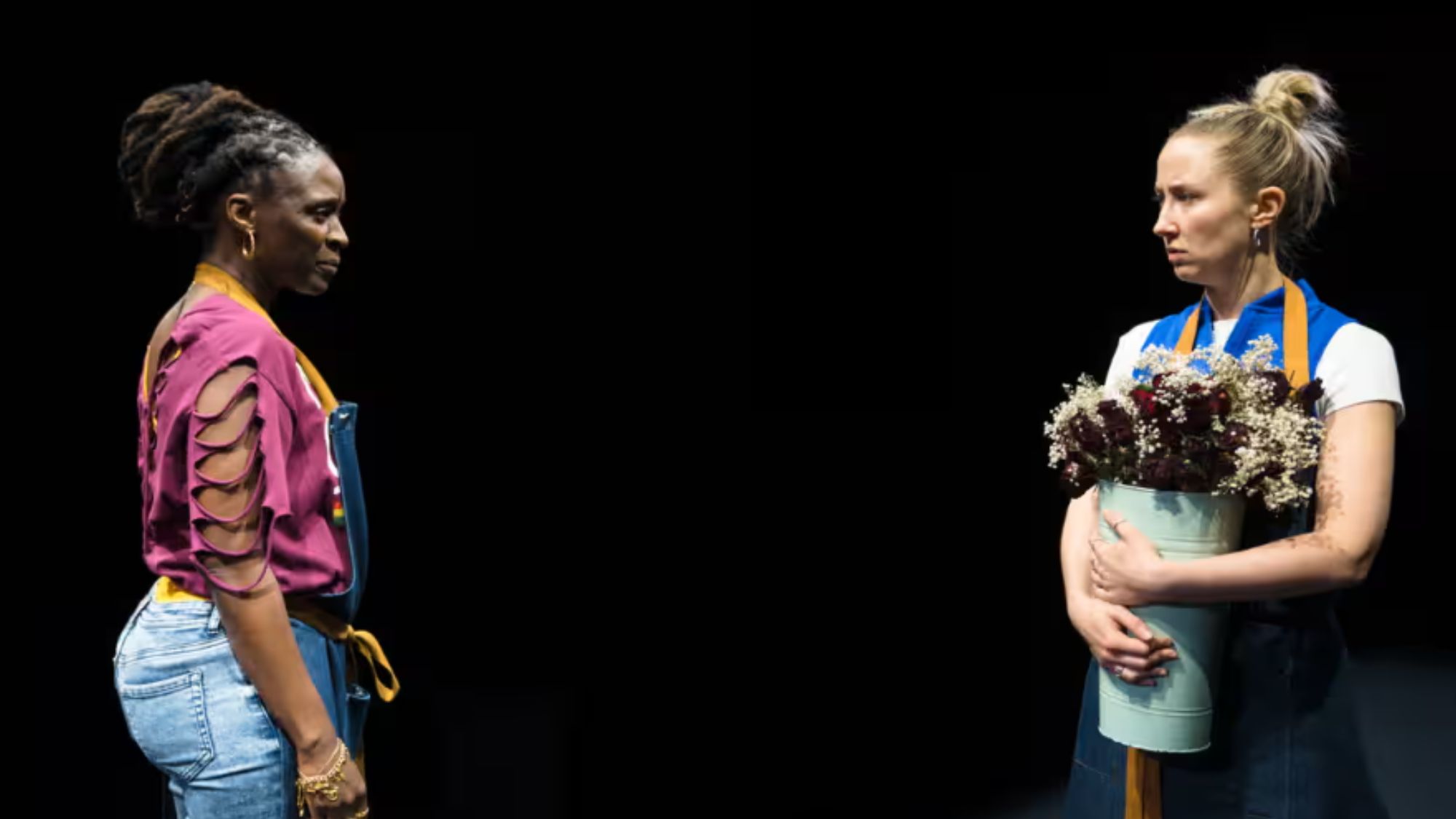 Death of England: Closing Time review – 'bold, brash reflection on racism'
Death of England: Closing Time review – 'bold, brash reflection on racism'The Week Recommends The final part of this trilogy deftly explores rising political tensions across the country
-
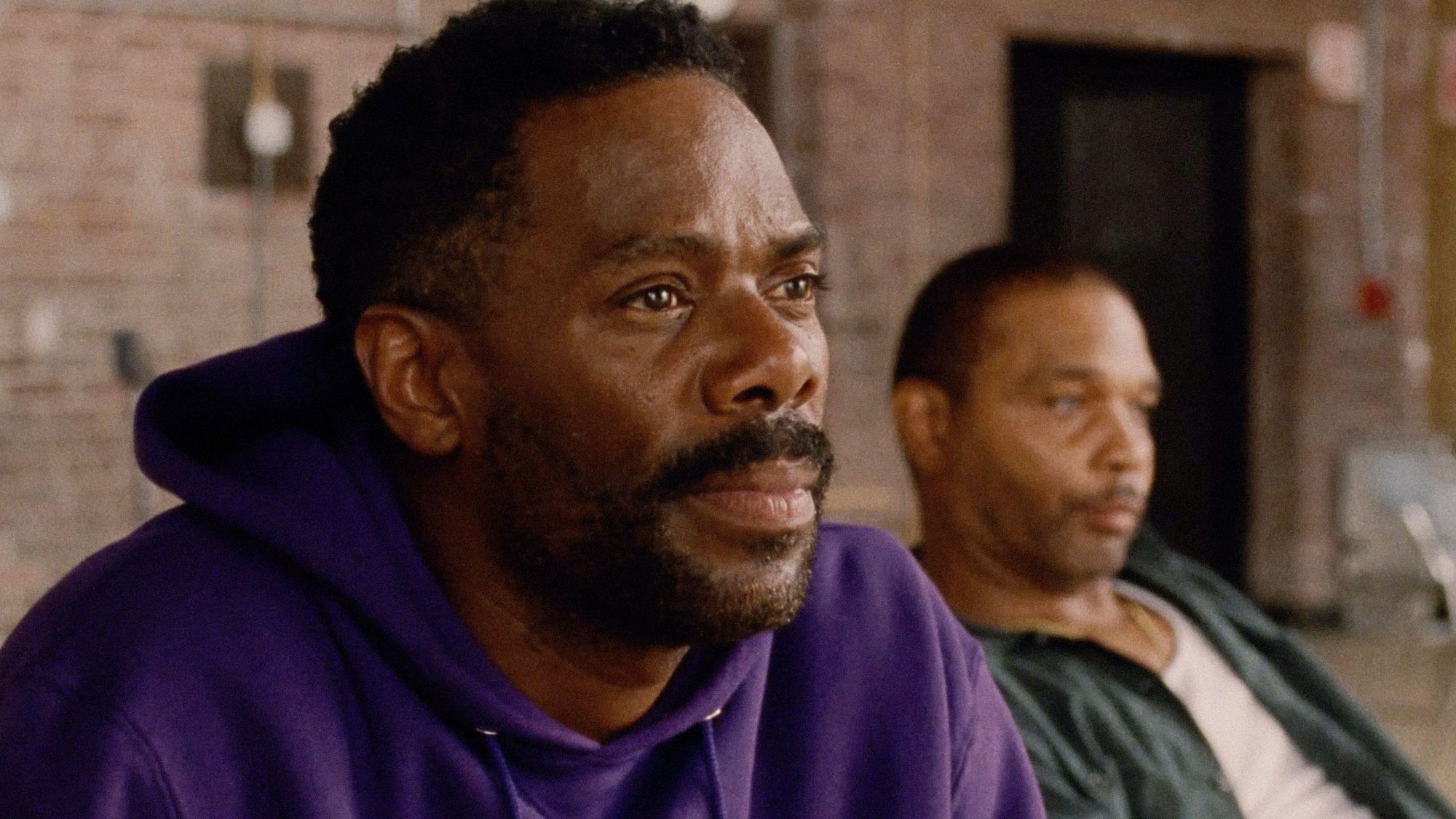 Sing Sing review: prison drama bursts with 'charm, energy and optimism'
Sing Sing review: prison drama bursts with 'charm, energy and optimism'The Week Recommends Colman Domingo plays a real-life prisoner in a performance likely to be an Oscars shoo-in
-
 Kaos review: comic retelling of Greek mythology starring Jeff Goldblum
Kaos review: comic retelling of Greek mythology starring Jeff GoldblumThe Week Recommends The new series captures audiences as it 'never takes itself too seriously'
-
 Blink Twice review: a 'stylish and savage' black comedy thriller
Blink Twice review: a 'stylish and savage' black comedy thrillerThe Week Recommends Channing Tatum and Naomi Ackie stun in this film on the hedonistic rich directed by Zoë Kravitz
-
 Shifters review: 'beautiful' new romantic comedy offers 'bittersweet tenderness'
Shifters review: 'beautiful' new romantic comedy offers 'bittersweet tenderness'The Week Recommends The 'inventive, emotionally astute writing' leaves audiences gripped throughout
-
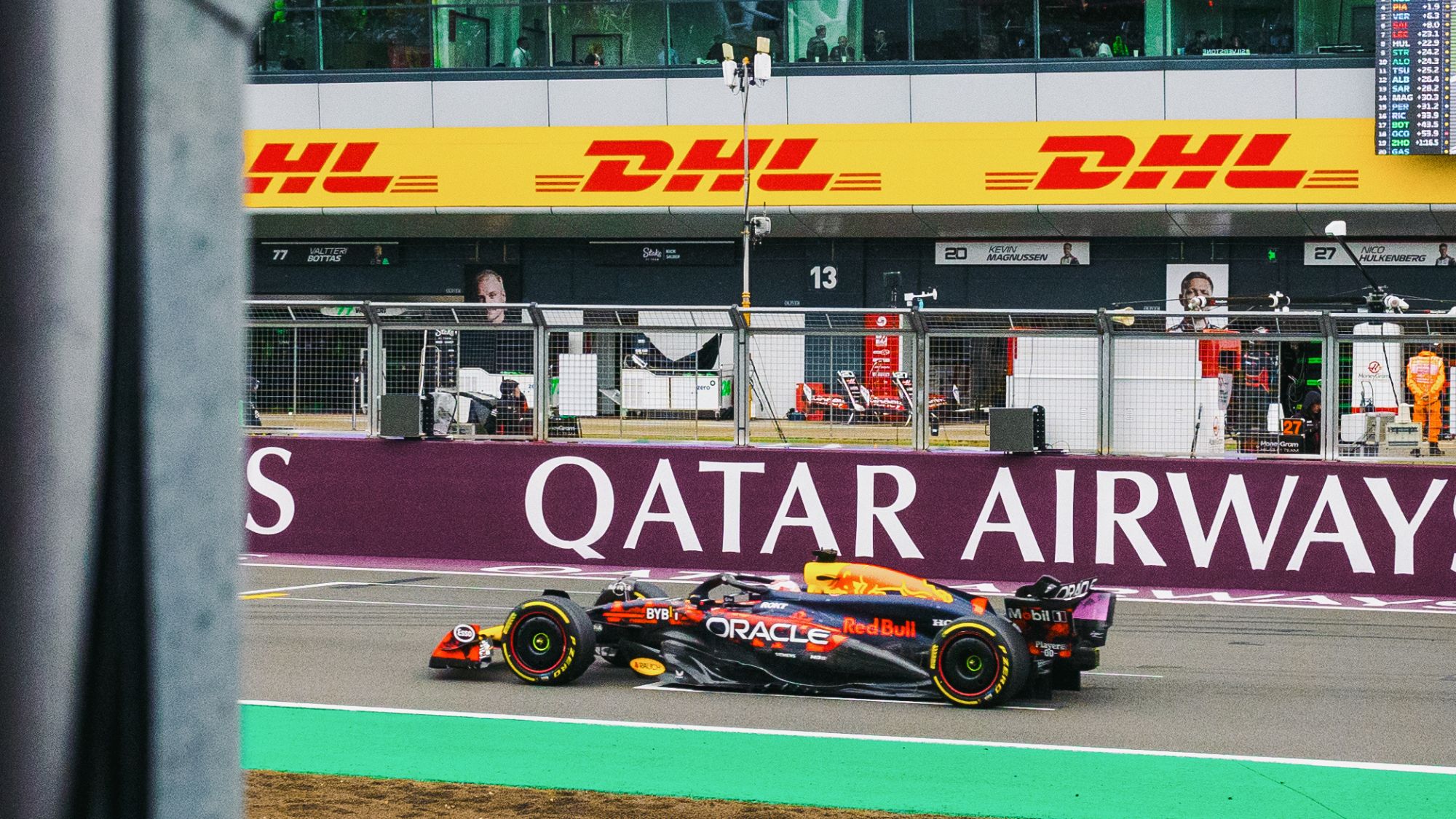 How to do F1: British Grand Prix 2025
How to do F1: British Grand Prix 2025The Week Recommends One of the biggest events of the motorsports calendar is back and better than ever